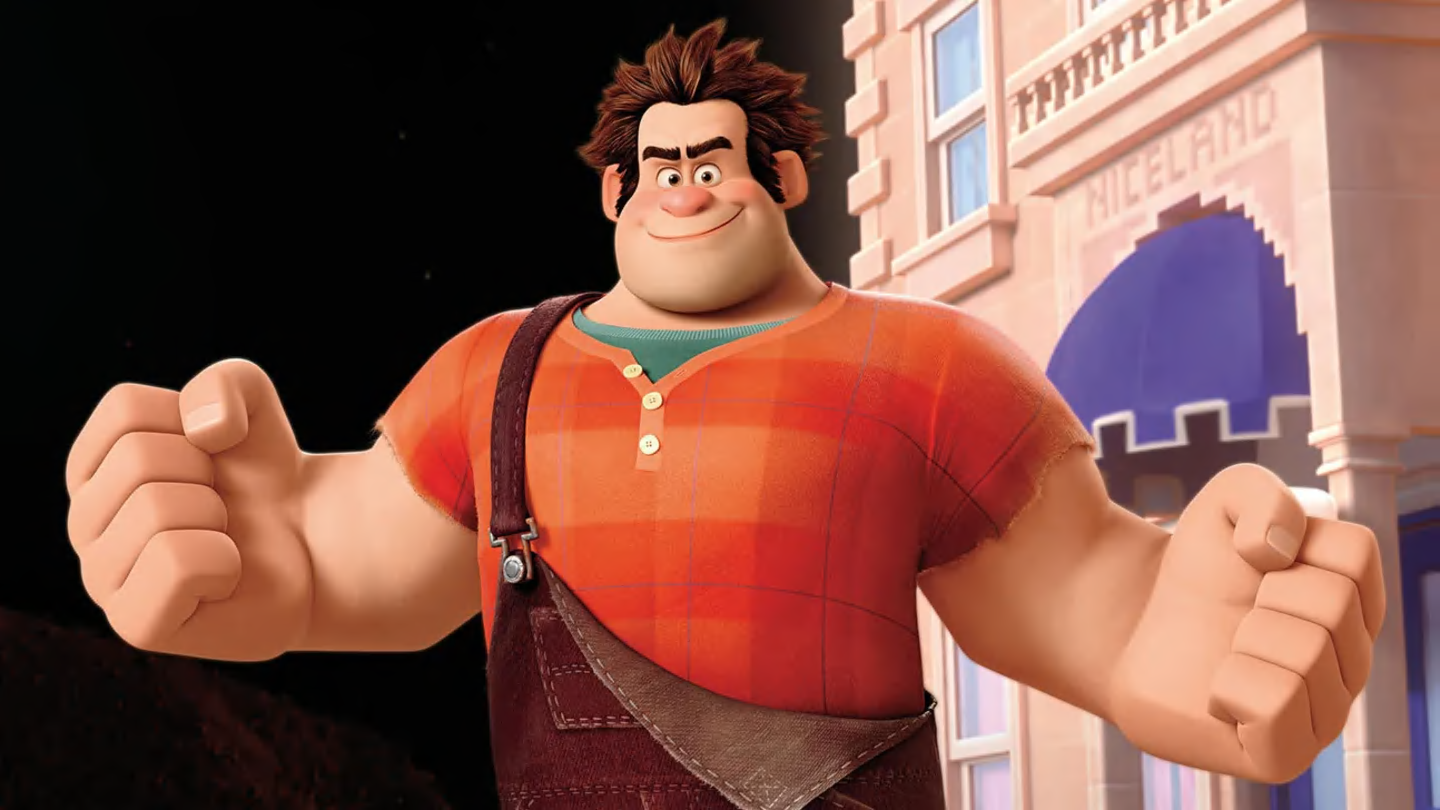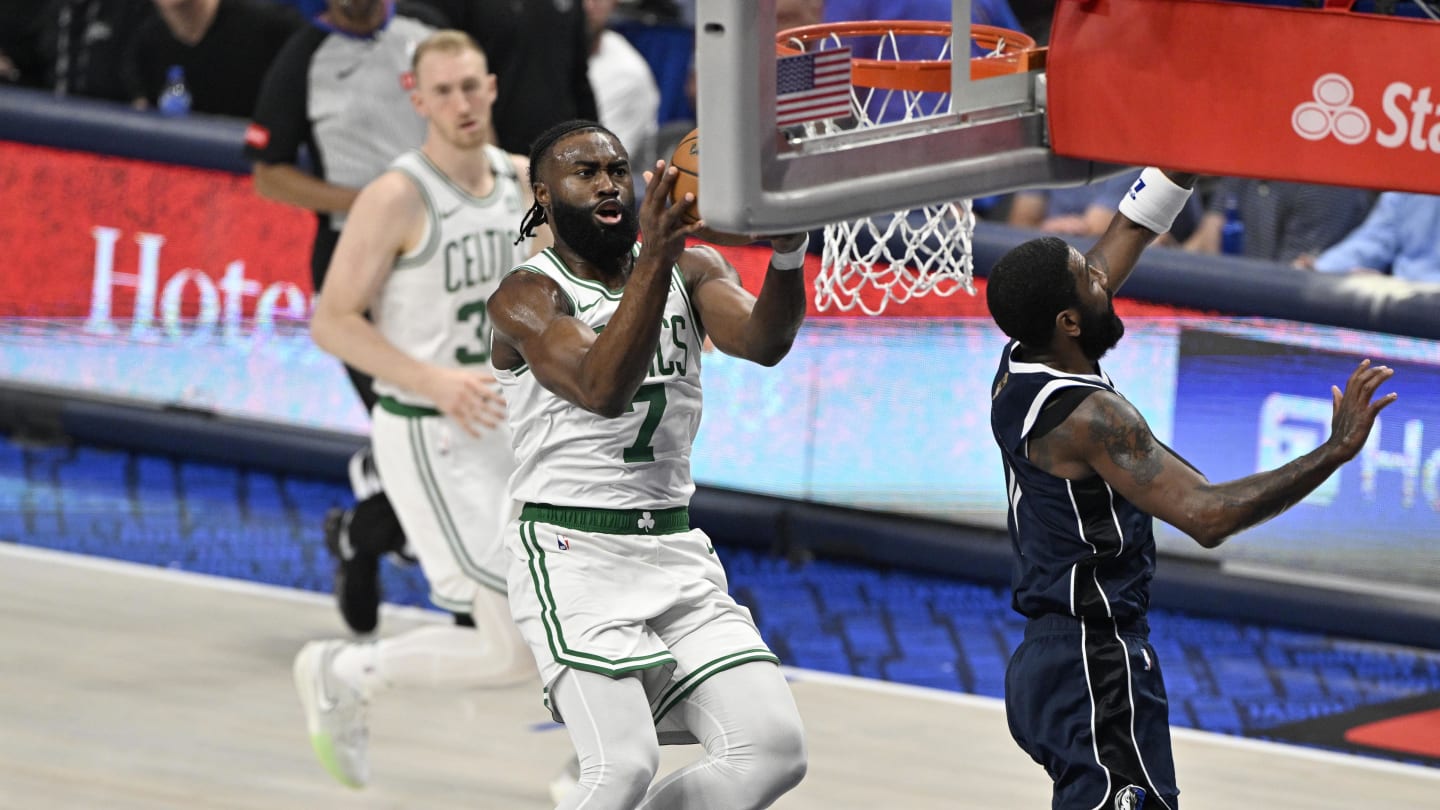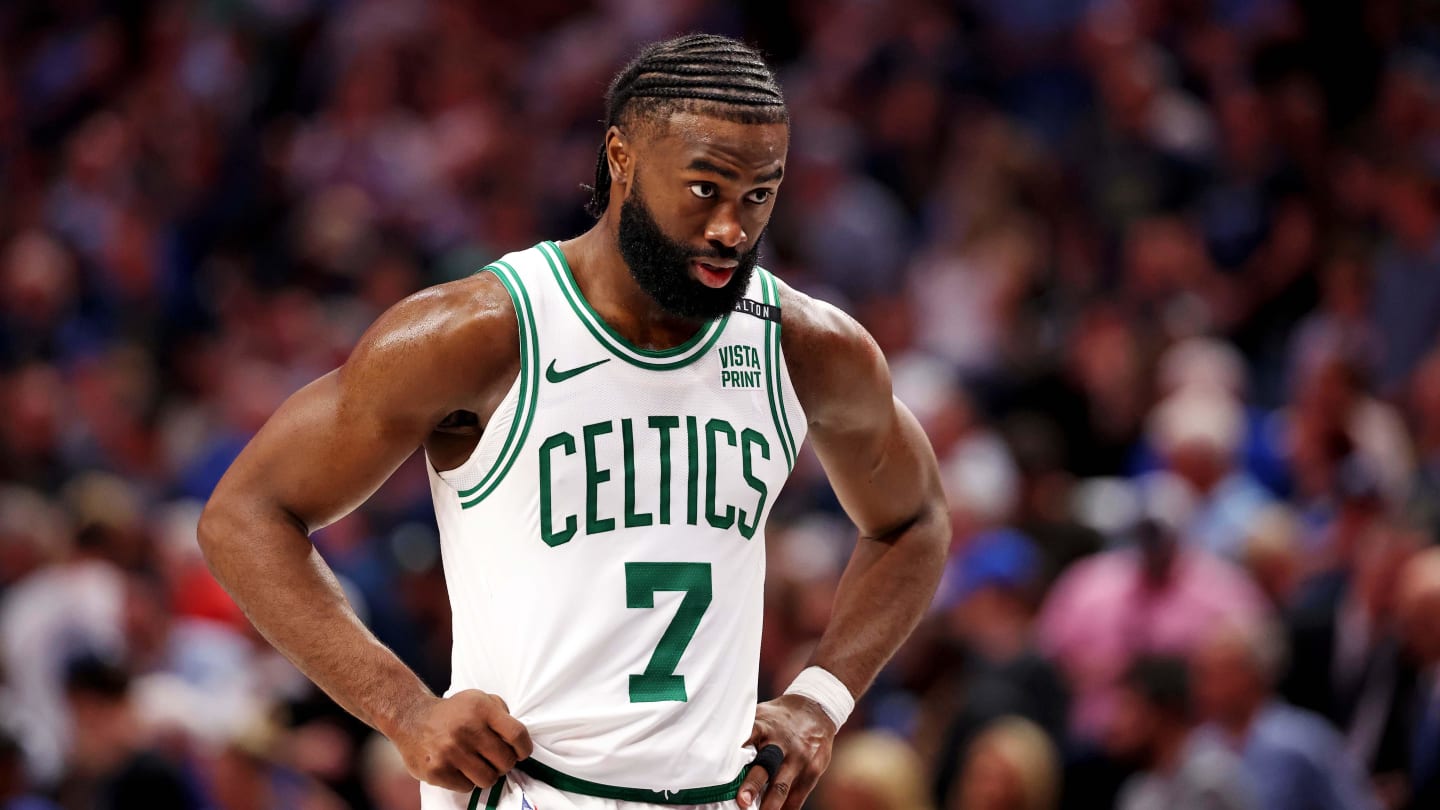In 2014, audio recordings emerged of Clippers owner Donald Sterling saying various unsavory things to his girlfriend about Blacks, including that she shouldn’t bring them to his team’s games. The fallout was swift; five days later Sterling was banned for life by the NBA, and a month later he sold the team.
Interesting, yes, but is there enough meat there for a six-part limited TV series? It turns out there is. FX’s Clipped—which is based on Ramona Shelburne’s ESPN 30 for 30 podcast The Sterling Affairs and began streaming on Hulu last night—explores the wide-ranging fallout of Sterling’s comments, including their effect on the team, most of whose players and whose coach, Doc Rivers, were Black. Unlike HBO’s Showtime, which is set a generation earlier and focuses on the Lakers’ raucous Hollywood connection, Clipped is more serious, telling the tale of a reckoning that came at a time when racial relations were, in retrospect, less stringently examined but no less significant than they would become during the decade that followed.
Ed O’Neill—of Married with Children and Modern Family fame—plays Sterling, while Rivers is portrayed by Laurence Fishburne. The Emmy- and Tony-winning actor’s first major credit came when he was 13 in the 1975 movie Cornbread, Earl and Me, a film with a basketball backdrop. Despite that, Fishburne has never been much of a hoops fan, which led to a unique set of challenges as he prepared to play Rivers. He recently talked to SI about the role.
Sports Illustrated: You’ve played a lot of real people in your career, from Ike Turner on film to Thurgood Marshall on stage. What is your process like when you’re playing a real person? Did you scout Doc?
Laurence Fishburne: It’s a secret. [Laughs.] No, really—it depends on who the person is, whether they’re alive or dead. Ike was alive. I got a chance to interview a lot of people that worked for him. And then finally, somewhere in the middle of the shoot, I met him.
Thank goodness Doc is alive and well. We had some mutual friends who passed my number to his, and I was able to contact him and talk to him a little bit on the phone, then invited him to my home. I was having a party on Labor Day with some other friends. He arrived and got into a debate about the late Bill Russell, and whether or not he was the greatest that ever played the game, which was fascinating. And it allowed me to observe him in a very natural and just perfectly relaxed environment. And so that’s where I was able to sort of glean the things that I needed to understand to portray him and the essence of him.
SI: Was he arguing for or against Russell?
LF: If I was a basketball fan, I could tell you. If I was a sports fan, I could tell you. All I could tell you was that they were both arguing, they were into the stats, not just his history, but the stats. And I mean, I’m sure they were talking about specific games. For a non-sports fan like me, it’s like trying to catch a racehorse on a pair of roller skates.
SI: What was it about Doc that stuck with you? He’s got the rasp and you do that. But what else was it that stuck as being something you had to nail?
LF: Two things. The rasp, obviously. And the other thing is his whole approach to coaching. It was like being a shepherd, a good shepherd who leads from behind. From his perspective, the decisions and that the team belongs to the team. These guys have to lead themselves. They have to collectively come together and lead themselves. And his job is to create an environment where they can be the best players, the best teammates and the best men they can be, the best people that they can be. His job is to facilitate and support that. It’s not about him being out front.
I mean, you think of a guy like Pat Riley, for example, right? It always seemed like Pat Riley was like one of the stars of the team. And that’s not Doc’s approach at all. He’s the man behind the team, who is encouraging gently, guiding gently and asking the right questions at the right time that allow the players to go through their own thought process and arrive at decisions for themselves.
SI: What did you think when you were first approached about playing Doc?
LF: I didn’t know who Doc Rivers was. I’m not a sports fan. I knew who the Clippers were. My manager is a big Clippers fan and had season tickets. And she sent me the scripts. I thought, Oh, this is a promotion for her team. That’s why she wants me to read this. But when I read it, I was fascinated because it’s so well-written. It’s so intelligent. It’s so funny. It’s so poignant. It’s so powerful. The intersection of racism, sexism, wealth, privilege, power, social media, perception, entertainment. It’s just business. And it’s written with so much thoughtfulness and so much authenticity and real care. So that was what intrigued me. The characters themselves are all fascinating.
SI: As a non-fan, how familiar were you with the whole Clippers saga?
LF: Living in L.A., like everybody in L.A., I was aware of the story. I was not surprised that the owner of a sports organization might have made some racist comments. I was not surprised. Shocking, right? I was, however, surprised that, as the case developed, he was held accountable and made to be responsible for making those kind of comments.
SI: Ed O’Neill has played a lot of buffoons in his day, but they’ve always had redeeming qualities. And now, Donald Sterling doesn’t really fall into that category. How do you think Ed did?
LF: I can tell you hands down, I know he’s been successful, because Ed is one of the great American actors. I mean, he just is. Buffoons aside, he’s been able to play these kind of characters who, on the surface of things, may seem a bit clownish and absurd, but he imbues them with a kind of depth that’s not an easy thing to do.
SI: Do you like playing actual people? Is it a challenge to walk that line between portraying the person but also bringing something to the performance?
LF: Well, for me, it’s never about injecting myself into it. It’s only a matter of whether or not there’s any parts of myself that are suitable. And certainly, with some of the characters I’ve played, there are qualities that I have that are suitable to playing some of these people.
And yeah, I do like playing people that are real, because they’re fascinating. I was lucky enough to play Nelson Mandela at one point. That’s a fascinating man. When do you get the opportunity to play a person like Mandela? Well, there are only a handful of those kinds of people. There’s Jesus, Gandhi, Abraham Lincoln—you know what I mean? Those are great challenges for an actor, great opportunities for us to perform and shine a light on an individual whose life has been an inspiration to millions of people all over the planet. That’s a nice thing to be able to do.
SI: We know you’re not a sports fan, but is there anybody in the sports world you would like to play?
LF: Well, it’s too late. Will Smith already played him and did a brilliant job.















